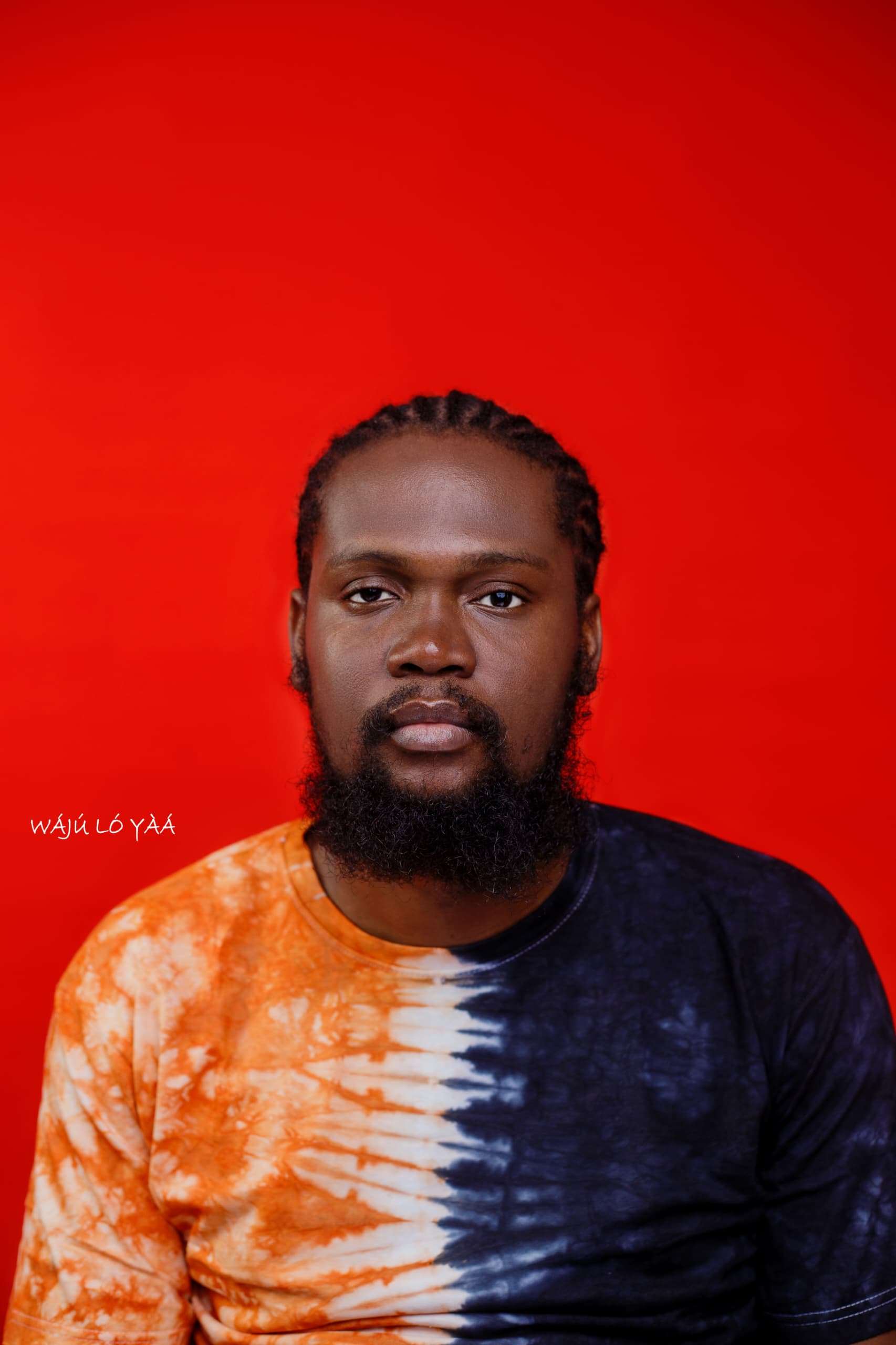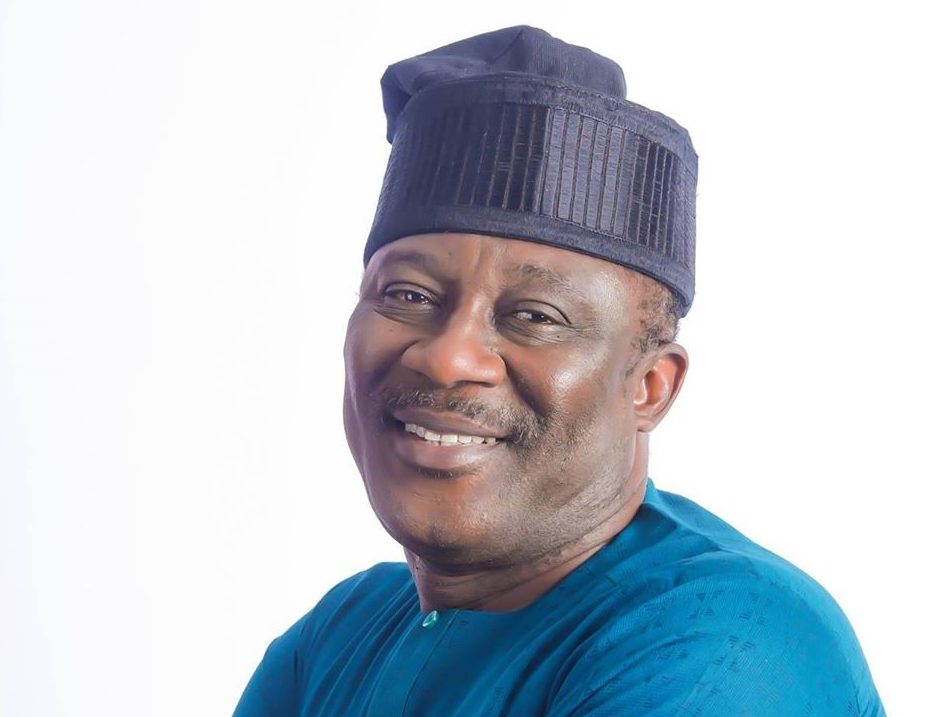Why Nollywood Needs More Funding…Emmanuel Daraloye

By Oladosu Michael Emerald
A Nigerian based music critic, Emmanuel Daraloye has reiterated the need for more investment in Nollywood in order for the filmmakers to reach greater heights. He stated this yesterday while featuring on a program titled “Sinima,” on 32 FM 94.9, Ibadan, Oyo State.
The close to one hour long programme which was anchored by Waheed S. Olamilekan had him speaking on the topic “contemporary soundtrack in Nollywood epic films, a plus or a minus to the cultural significance of films.”
He emphasized the need for more research by sound scorers , producers and directors, this way, they get to have a better grasp of what they are working on. He also harped on increased investment and employment of skilled professionals to enhance the quality of Nollywood films.
Daraloye highlighted that for historical and culturally rich films to reach their potential, producers need both financial resources and a stronger focus on cultural research.
Emmanuel pointed out how music helps show the cultural spirit and authenticity of Yoruba history in movies. He worries about the overuse of modern musical instruments, like bass guitar, together with traditional Yoruba instruments. He cited examples like the recent films Lisabi: The Uprising.
“We need music that matches the time period shown in the movie. Using modern music styles can confuse viewers and make the film seem less connected to its historical setting,” he said.
READ ALSO: Oyinlola Anjou Falade’s remarkable footprints on..
The former Music Nolly editor credited streaming services like Netflix and Amazon Prime for some improvements in the industry, as they have provided more funds to Nollywood.
This funding has allowed directors to improve the quality of their productions, do more detailed research, and hire specialists to make their work more authentic. He pointed out, “With Netflix supporting these projects, filmmakers have more money to work with, which helps them do better research and even choose authentic sounds.”
He mentioned film composer Tolu Obaro’s plan to use real elephant sounds in his next movie as an example of how more investment can enhance storytelling. While acknowledging these advancements, Daraloye cautioned against the risk of over-modernization, particularly for films portraying Yoruba history and traditions.
He explained that blending traditional sounds with Western music can dilute the cultural richness of the film, noting, “If care is not taken, traditional instruments like the talking drum might be overshadowed by modern sounds, which undermines the authenticity of Yoruba culture, especially in a global context.”
He also praised directors like Kunle Afolayan and Niyi Akinmolayan for their attention to detail in music and cultural elements. He stated that their cultural movies have set a high standard for cultural representation. He highlighted how these two film makers’ choice to use Yoruba chants and rhythms creates an immersive experience that resonates deeply with audiences, both in Nigeria and abroad. “Afolayan and Akinmolayan work are benchmarks in the industry. Their dedication to using culturally appropriate music elevates the storytelling and makes the narrative more impactful,” he remarked.
Daraloye urges young people to explore the movie industry, to bring new ideas that respect old traditions but also use modern ways of telling stories. He said, “The future of Yoruba Nollywood is bright, but we need more skilled workers who know both our culture and the modern ways of making movies.”
In his closing remarks, Daraloye reiterated that the Yoruba Nollywood industry holds immense potential to showcase Nigeria’s cultural heritage on a global scale. However, achieving this requires ongoing financial investment, dedicated cultural research, and collaboration across generations.
Emmanuel Daraloye’s conversation with Waheed Olalekan highlighted the growing interest in Yoruba cultural storytelling and the need to preserve its authenticity even as the industry expands internationally.








